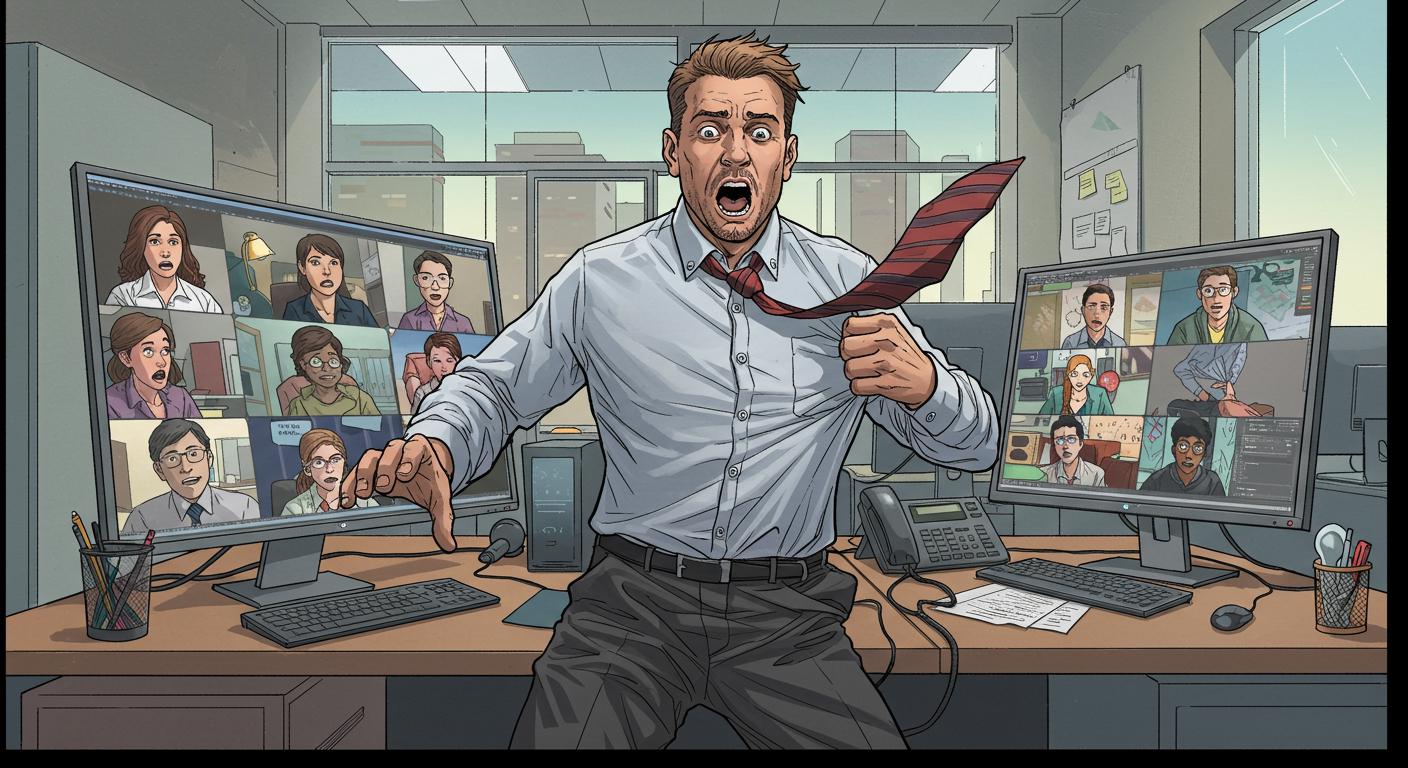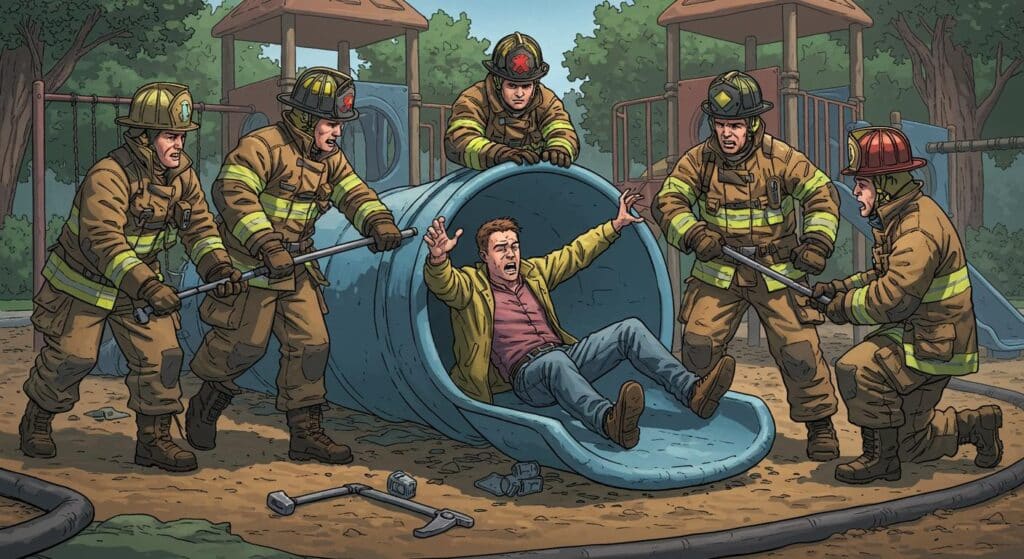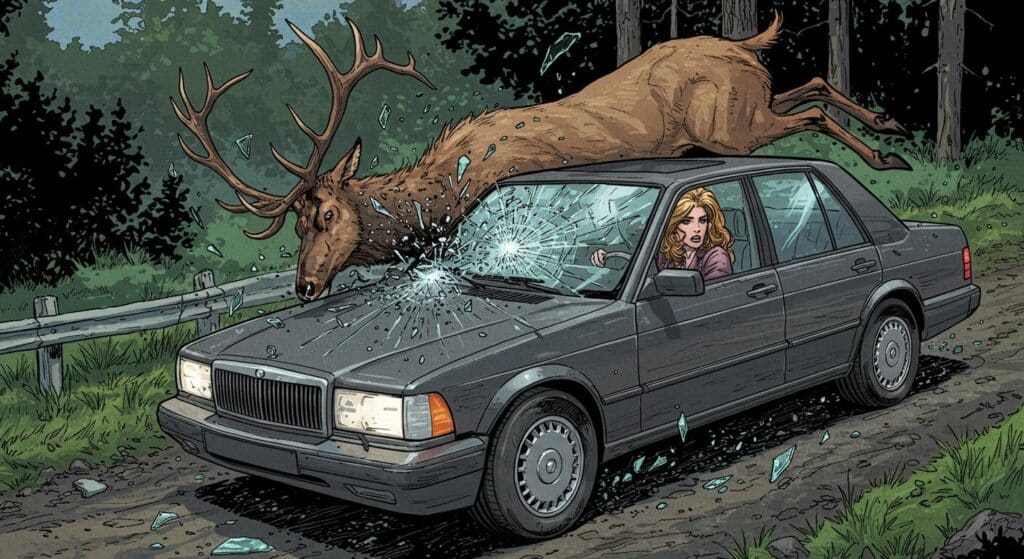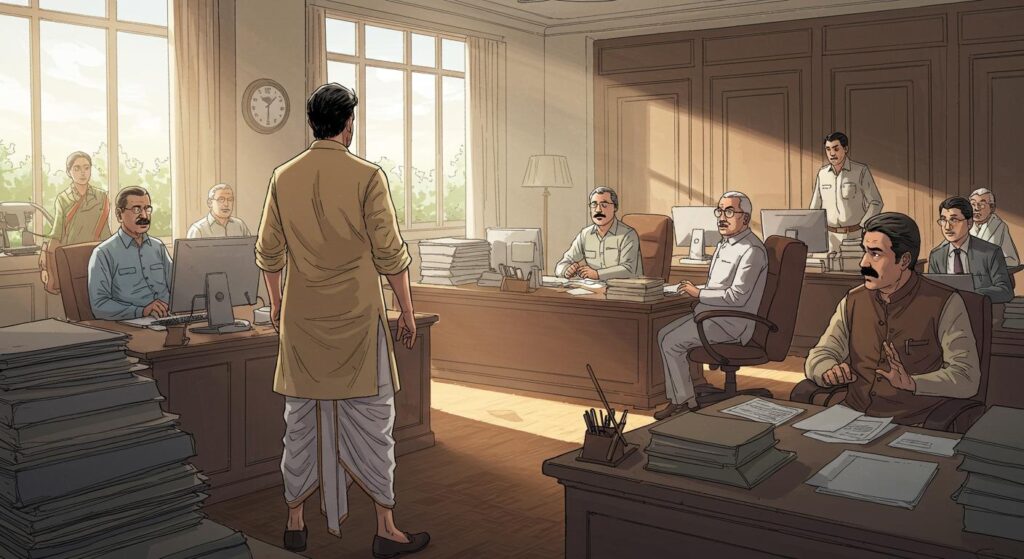It’s the quintessential pandemic-era anxiety: standing up during a Teams call and suddenly realizing your commitment to “business casual” applied only above the belt. This week, reports from North Wales Live and the Daily Mail offer a tale that would have been unthinkable in the buttoned-up days of office corridors—a Financial Services Compensation Scheme (FSCS) manager who, while working remotely, managed to redefine both “transparency” and “exposure.”
When the Dress Code Gets Left in the Drawer
Described in North Wales Live, the incident unfolded on a bank holiday Teams call with external contractors from Capgemini. The employee, hired in 2020 and later promoted to digital production manager, had apparently developed a relaxed attitude toward at-home attire. Tribunal documents highlighted by both outlets reveal he stood up to adjust a cable, not realizing his webcam was capturing a very undressed situation: nothing from the waist down, with his genitals plainly in view.
For those wondering if blurry pajamas or tastefully ambiguous shorts might be at fault, Employment Judge Hodgson, quoted in the Daily Mail, dispelled the notion: “We find that the claimant chose not to wear either trousers or underwear… instead he deliberately chose to be naked from the waist down. This led to an obvious risk.” If there’s a modern HR parable for “risk assessment,” this might be it.
Apologies, Accusations, and The Art of the Excuse
The fallout, as described in the reporting, would almost be comedic if not for the real-world consequences. After a complaint was logged by colleagues, the manager’s explanation—to paraphrase his own words given in tribunal and cited by both North Wales Live and the Daily Mail—was that he thought his camera was off, believed it was just an accident, and offered an early apology: “That was a bank holiday and l did not realise when l folded the laptop camera was on and pointing to the floor and then immediately shut down the camera so that don’t know what was seen in the floor [sic].” He openly admitted to sometimes skipping “full dress” at home.
But things quickly moved from apology to strategy. The tribunal heard, in a detail highlighted by North Wales Live, that he claimed working on a bank holiday amounted to racial discrimination—this despite the panel determining he had actually volunteered for the shift. He also suggested, at various times, that perhaps he had been wearing “nude-coloured underwear.” That version arrived only after his initial admission, a pivot that appears to have strained credulity. Sabah Carter, a senior FSCS leader, concluded (per North Wales Live and echoed in the Daily Mail) that he had not shown real remorse or reassurance the incident wouldn’t reoccur—having instead chosen to “deflect blame” toward the external contractors and offer inconsistent explanations.
Tribunal Rulings and the Perils of Camera Amnesia
So, does a bank holiday mean the dress code hibernates, too? The tribunal panel, as the Daily Mail recounts, cut through any ambiguity: “Even if he were required to work inappropriately, that is no reason for appearing in a state of undress.” Their findings also dismissed the claim of being forced to work, ruling that he had not been asked to do so and that public holiday status did not extend to a relaxation of basic professional standards.
The outlet documents how the panel found the dismissal to be fair, noting the “embarrassment to the employer” and the “inconsistency with his position and role.” His subsequent allegation of being denied a promotion because of racial bias met a similarly unsympathetic response, with the application characterized as “poor and [it] failed to reveal sufficient relevant experience,” as stated in tribunal records cited by both outlets.
Remote Work Etiquette: Where Should We Draw the Line (or Hem)?
At its core, this story is less about a lapse in judgment and more about how the digital office has made old rules suddenly ambiguous. How many of us, lulled by the comforts of home, have taken liberties with attire, assuming the camera crops all secrets into oblivion? Yet the lesson here—unfolding in all its awkwardness—is that professionalism might, at minimum, require being ready to stand up for oneself. Literally.
The incident might prompt anyone working from a kitchen desk to glance down before risking an “adjustment break.” There’s irony here: in an era of endless discussions about flexible work, nothing clarifies boundaries quite like a tribunal ruling that, even on a holiday, the basic expectation of pants remains. Can there be a stranger legacy for the hybrid office than this—part HR nightmare, part meme fodder, and an oddly timeless cautionary tale? Or perhaps the only real surprise is how many of us will now triple-check the camera before ever standing up.







